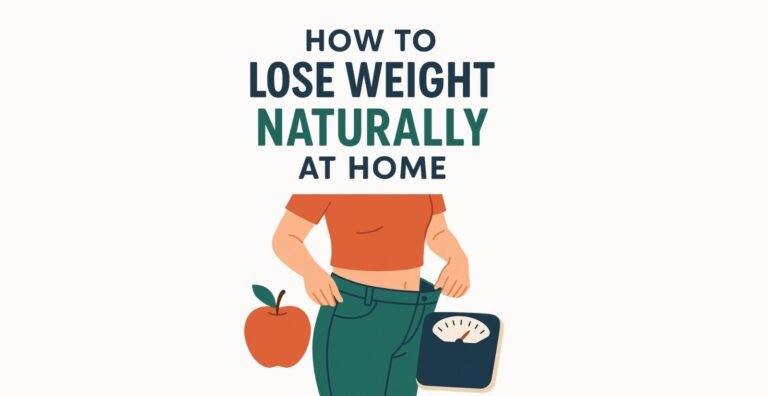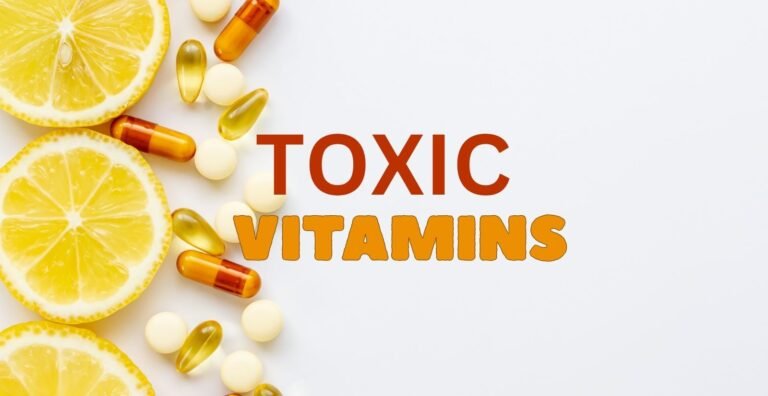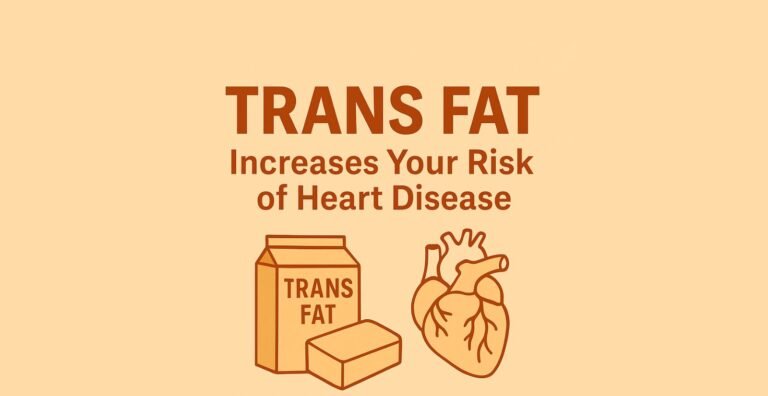Top Health & Wellness Product Reviews with Exclusive Sale Prices!
Unlock Optimal Health: The Top 5 Daily Vitamins You Need

1. Vitamin D: The Sunshine Vitamin
Why It’s Essential
Vitamin D is essential for bone health, immune support, and even mood regulation. Unlike most vitamins, your body produces Vitamin D when your skin is exposed to sunlight. Unfortunately, modern indoor lifestyles, sunscreen use, and geographic location can all contribute to vitamin D deficiency.
Top Benefits of Vitamin D
- Bone Health: Aids in calcium absorption, reducing the risk of osteoporosis.
- Immune Function: Boosts immunity and helps protect against seasonal colds and flu.
- Mood and Mental Health: Linked to a decrease in depression symptoms and better mental health.
Recommended Daily Intake
Adults need between 600 to 800 IU daily, although some studies suggest that even higher doses may be beneficial. Consulting with a healthcare provider can help determine the optimal dosage.
Top Sources of Vitamin D
- Sunlight exposure
- Fatty fish like salmon and tuna
- Fortified dairy products and cereals
- Supplements
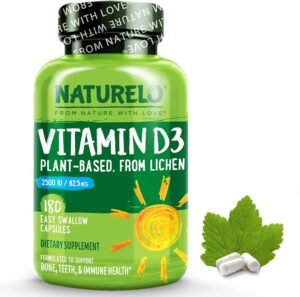
2. Vitamin C: The Immunity Booster
Why It’s Essential
Vitamin C is a powerful antioxidant known for supporting immune function, skin health, and wound healing. It is water-soluble, meaning our bodies don’t store it, making daily intake necessary to reap its full benefits.
Top Benefits of Vitamin C
- Immune Support: Enhances immune cell function and can reduce the duration of common colds.
- Skin Health: Promotes collagen production, which keeps skin firm and reduces signs of aging.
- Antioxidant Properties: Protects cells from damage caused by free radicals, which can reduce cancer risk.
Recommended Daily Intake
Adults typically need 65-90 mg of Vitamin C daily. High doses (up to 2,000 mg per day) are generally safe, although more is not always better, as the body will expel excess vitamin C.
Top Sources of Vitamin C
- Citrus fruits like oranges, lemons, and grapefruits
- Berries, kiwi, and bell peppers
- Leafy green vegetables
- Vitamin C supplements
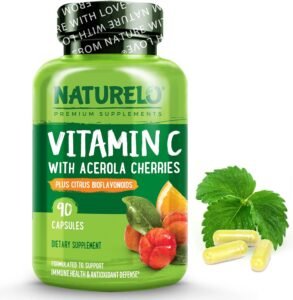
3. Vitamin B12: Energy and Brain Support
Why It’s Essential
Vitamin B12 is a crucial nutrient for red blood cell production, DNA synthesis, and neurological function. Deficiency in B12 can lead to anemia, fatigue, and even cognitive impairment. This vitamin is particularly vital for vegans and vegetarians, as it is primarily found in animal products.
Top Benefits of Vitamin B12
- Energy Production: Helps convert food into glucose, boosting energy levels.
- Nervous System Health: Protects nerves and supports brain function, reducing the risk of cognitive decline.
- Red Blood Cell Formation: Prevents anemia by assisting in red blood cell production.
Recommended Daily Intake
For adults, the recommended daily intake is 2.4 mcg. However, older adults may need a higher intake due to decreased absorption with age.
Top Sources of Vitamin B12
- Animal products: meat, fish, poultry, eggs, and dairy
- Fortified plant-based milk and cereals
- Supplements and B12 shots for those with absorption issues
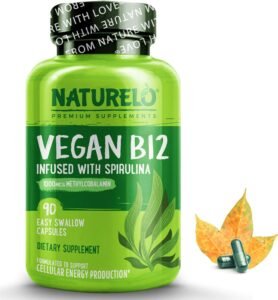
4. Vitamin E: The Skin and Heart Protector
Why It’s Essential
Vitamin E is a fat-soluble antioxidant that plays an essential role in protecting cells from oxidative stress. It also supports immune function and can reduce inflammation, which is a contributor to chronic illnesses like heart disease.
Top Benefits of Vitamin E
- Skin Health: Hydrates and nourishes skin, reducing the appearance of scars and promoting wound healing.
- Heart Health: May reduce the risk of heart disease by preventing cholesterol oxidation.
- Cell Protection: Acts as an antioxidant to protect cells from damage caused by free radicals.
Recommended Daily Intake
The recommended daily intake is about 15 mg for adults. Higher doses should be avoided unless advised by a healthcare provider.
Top Sources of Vitamin E
- Nuts and seeds, especially almonds and sunflower seeds
- Spinach and other leafy greens
- Avocado and plant-based oils
- Vitamin E supplements
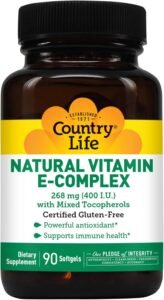
5. Vitamin A: Vision and Immune Support
Why It’s Essential
Vitamin A is necessary for vision, immune health, and cell growth. It plays a role in reducing inflammation and can be found in two forms: preformed vitamin A (found in animal products) and provitamin A (found in fruits and vegetables).
Top Benefits of Vitamin A
- Eye Health: Prevents night blindness and age-related vision decline.
- Immune Function: Enhances the immune response to infections.
- Skin Health: Supports cell production, which keeps skin firm and resilient.
Recommended Daily Intake
The recommended daily intake is 700 mcg for women and 900 mcg for men. Excess intake of preformed vitamin A can be toxic, so balance is key.
Top Sources of Vitamin A
- Carrots, sweet potatoes, and dark leafy greens
- Liver and fish oils
- Dairy products
- Supplements, especially in areas where vitamin A deficiency is common
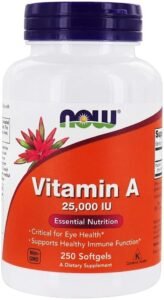
Tips for Including These Vitamins in Your Daily Routine
- Incorporate Whole Foods: The best sources of vitamins are whole foods, which also provide fiber, minerals, and phytonutrients that support overall health.
- Use Supplements Wisely: While whole foods are preferred, supplements can be beneficial, especially for Vitamin D, B12, and other nutrients that are harder to obtain through diet alone.
- Balanced Diet and Hydration: A balanced diet along with plenty of water ensures the best absorption of vitamins and minerals.
- Regular Check-ups: Blood tests can identify deficiencies and help tailor your supplement routine.
Potential Risks and Considerations
Though vitamins are essential, too much of any nutrient can have side effects. For example, high doses of fat-soluble vitamins (A, D, E, and K) can accumulate in the body and become toxic. Always consult with a healthcare provider before starting a new supplement, especially if you have underlying health conditions.
Conclusion
Incorporating these five essential vitamins into your daily routine can significantly impact your health. From boosting energy levels with Vitamin B12 to supporting immune health with Vitamin C and D, each vitamin plays a unique role. While diet should always be your primary source of nutrients, supplements can provide additional support when needed.
Ensuring you get adequate levels of these vitamins will help maintain optimal health and wellness. Whether through food, sunlight, or supplements, making these vitamins a regular part of your lifestyle can support your immune system, protect your skin, and promote a balanced, energetic life.

